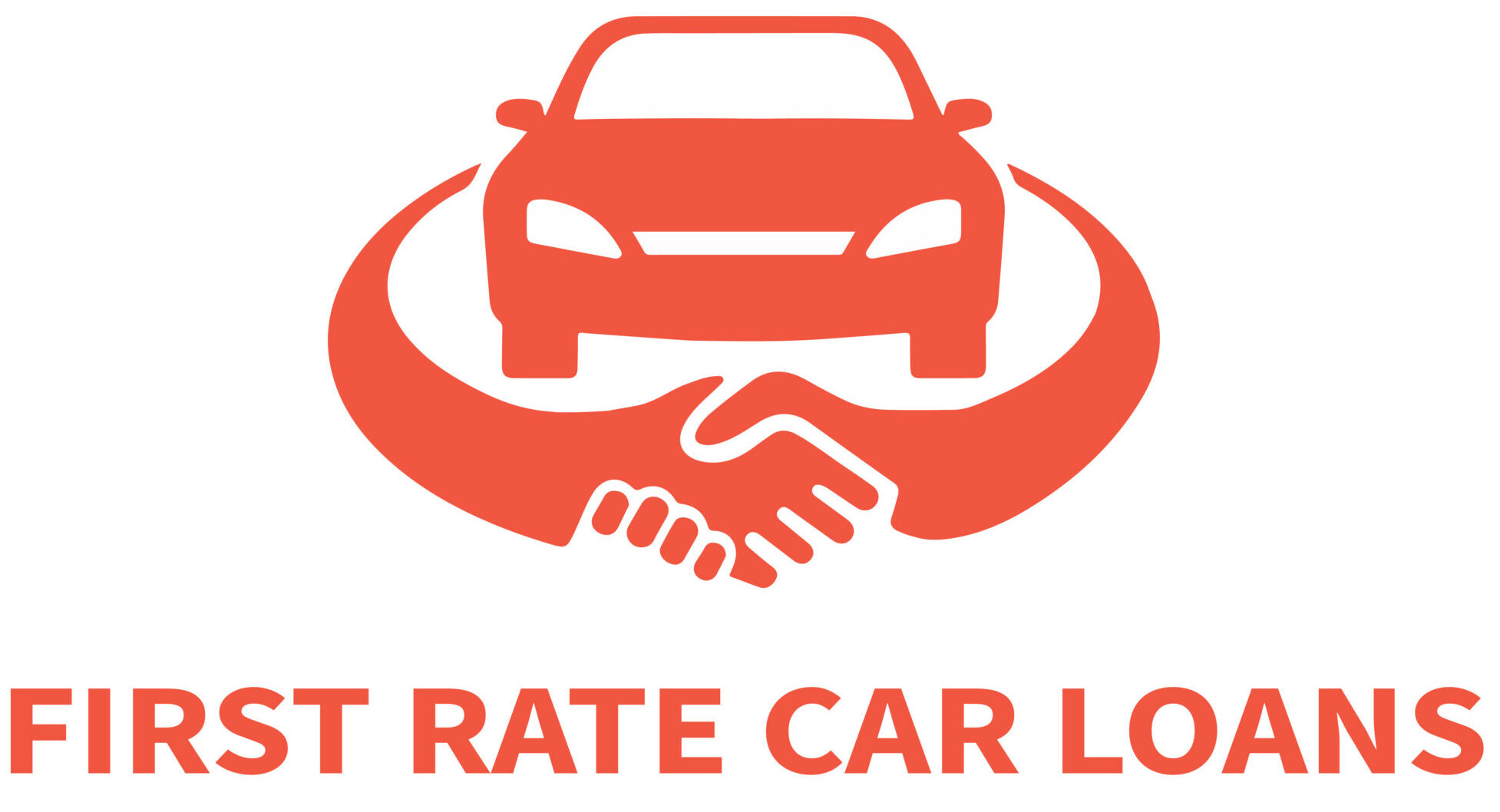As a business owner, money is essential to meet your operational needs. Your business’s revenue should be sufficient to cover your daily operations. During low-business times, however, your revenue might not be sufficient to cover your business’s needs. A business loan is a great source of funding for such situations.
Lenders evaluate your creditworthiness when you apply for a loan for business. The eligibility criteria for a bank or lending institution will determine whether you can apply for a loan. The requirements for a business loan are different from those for personal loans. If you meet all of the criteria, you will likely be approved.
Your eligibility for a business loan depends on many factors. These eligibility factors can be managed effectively to increase your chances of getting a loan approved for business. These are the key factors:
CREDIT HISTORY
Lenders always prioritize borrowers with a good credit history to approve loans. You may not be approved for a loan if you have low credit scores, whether at the individual or company level. Lenders want to make sure they repay their loans. This is why credit scores are one of the first things that lenders look at when scanning your application for a business loan.
Lenders will prefer to lend to individuals and businesses with credit scores greater than 725. This credit score indicates good credit history, sound money management skills and smart spending habits. Lenders may consider you a high-risk borrower if your credit score is below 700.
CASH FLOW
Low cash flow means that your business must pay your bills first before you can get credit. To get an accurate picture of your cash flow and income, lenders will look at your bank statements and personal accounts. Before applying for a business loan, set goals and analyze your business cash flow to determine a payment policy that will improve your cash flow.
REPAYMENT CAPACITY
Lenders desire prompt and complete repayment of their loans. Your repayment capacity is the ability to repay this obligation. To get an estimate of your ability to repay, the lender will review your bank statements, credit history, ITR, and credit report when you apply for a loan.
Lenders base their decision on your ability to repay your previous or existing loans. Your credit report will also show you the number of your current debts and credits. After verifying these details, lenders will calculate your credit-to-debt ratio and approve or deny your application for a business loan.
ELIGIBILITY
To apply for a loan for your business, you must meet the lender’s eligibility requirements. It is important to choose a lender that meets your requirements. These are the requirements for a loan to a business with Clix Capital.
-
- You must be at least 21 years old at the time of the loan application.
- Maximum 65 years old at the end of the loan term
- Any one of the following types of business models
- Proprietorship
- Private limited company
- Partnership firm for services, trading, and manufacturing
- Closely held, non-listed company.
- Minimum turnover of Rs 1 crore
- Minimum of 3 years business experience in the current area
- Most business is routed through the banking system. The bank system reports audited financial statements over the past two years or capture turnover in the last year through GST returns.
DOCUMENTS
Different lenders require different documentation. Here is a list we need to verify for a Clix Capital business loan:
-
- Please complete the loan application form.
- Photograph of passport size
- If you’re a government employee, Identity Proof could be your Aadhaar Card or PAN Card.
- Address proof can be your Aadhaar Card or passport, driving licence, voter ID card or utility bills from the past two months.
- Evidence of ownership
- Financial documents include the following:
- PAN Card for an individual, firm or company
- GUSTIN
- Bank statement for 6-months
- Copy of the most current Income Tax Return Form
- Computation of income audited balance sheet and profit & Loss account for the past two years.
- You can provide proof of continuity for 3 years by providing your establishment, sales tax certificate, ITR or trade license.
AGE OF THE BUSINESS
Don’t be surprised if your loan application is rejected if you’re starting. Lenders prefer companies with at least two to three years of experience in the field. Lenders want to be sure that you will repay your loan on time. Credit history is what they value most. They need to be confident that your business can succeed. Lenders may decline to approve your loan application if you don’t have the experience.
INCOME TO DEBT RATE
To determine your creditworthiness, many lenders will look at your income-to-debt ratio. This ratio is calculated by dividing your monthly expenses and your monthly business income. Your expenses shouldn’t exceed 30-40% of your monthly income. Your chances of getting loan approval are greater if your debt-to-income ratio is lower. Lenders will be more cautious about lending money to businesses with high default rates. Businesses with a high ratio are at greater risk of defaulting on their monthly payments. First, it is important to pay off all your debts and then apply for a loan. You can also improve your credit score by paying your bills promptly and maintaining a strong credit history. To have a strong financial statement, you need to get rid of your debts and increase your cash flow.
WORKING CAPITAL
Your business capital is your assets and liabilities. This includes specialized equipment, machinery, products inventory, infrastructure, buildings, etc. To assess your creditworthiness, lenders will look at your capital and assets.
CONDITIONS
Lenders will also consider the following conditions when approving your loan for business:
-
-
- The amount of the loan
- Rate of interest applicable
- Charges
- Repayment schedule
- Lender term
-




